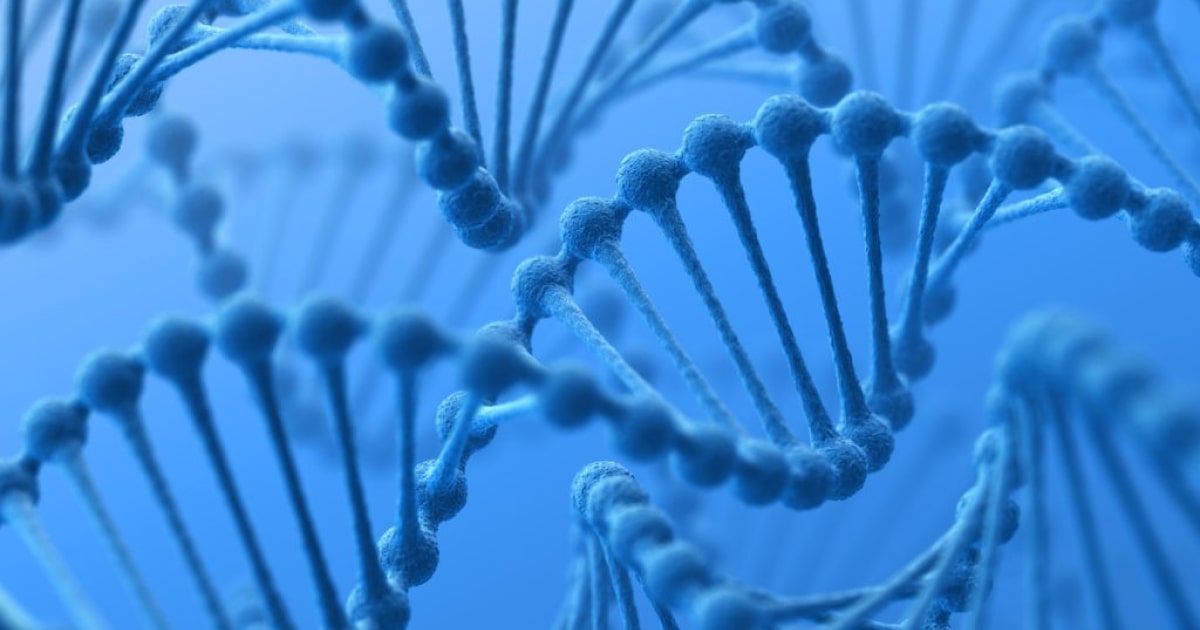
Expert Reviewed By: Dr. Brandon Colby MD
```htmlAlcohol dependence, also known as alcoholism, is a chronic disease characterized by an inability to control or stop alcohol consumption despite negative consequences. It is a complex condition influenced by a combination of genetic, environmental, and psychological factors. Understanding the genetic components of alcohol dependence can significantly enhance treatment strategies, especially through personalized medicine.
Understanding Alcohol Dependence
Alcohol dependence is not merely a result of poor willpower or moral failing; it is a medical condition that requires comprehensive treatment. People with alcohol dependence may experience strong cravings, loss of control over drinking, withdrawal symptoms when not drinking, and a high tolerance for alcohol. These symptoms can lead to significant health, social, and economic problems.
Diagnosing Alcohol Dependence
Diagnosing alcohol dependence involves a multifaceted approach. Healthcare providers typically use a combination of patient history, physical examinations, and standardized screening tools such as the Alcohol Use Disorders Identification Test (AUDIT). Laboratory tests may also be used to assess liver function and other health indicators impacted by chronic alcohol use.
Genetic Testing: A New Frontier in Treatment
Recent advancements in genetic research have opened new avenues for understanding and treating alcohol dependence. Genetic testing can provide valuable insights into an individual's susceptibility to alcohol dependence and their likely response to different treatment options.
Identifying Genetic Predisposition
Genetic testing can identify specific genes associated with an increased risk of developing alcohol dependence. For instance, variations in genes related to neurotransmitter systems such as GABA, dopamine, and serotonin have been linked to alcohol use disorders. Identifying these genetic markers can help in early diagnosis and intervention, potentially preventing the progression of the disease.
Personalized Medication Management
One of the most promising applications of genetic testing in alcohol dependence is personalized medication management. Pharmacogenetics, the study of how genes affect a person's response to drugs, can help tailor anti-relapse medications to individual genetic profiles. This approach aims to improve the effectiveness and tolerance of medications used in treating alcohol dependence.
According to a study on the ethical issues of pharmacogenetics in anti-relapse therapy for alcohol dependence syndrome, genetic factors significantly influence how patients respond to medications. For example, some individuals may metabolize certain drugs faster or slower than others, affecting the drug's efficacy and risk of side effects. By understanding these genetic differences, healthcare providers can prescribe the most appropriate medications and dosages for each patient.
Enhancing Behavioral Therapies
Genetic testing can also inform behavioral therapy approaches. Certain genetic markers may indicate a higher likelihood of success with specific types of behavioral interventions. For example, individuals with particular genetic profiles might benefit more from cognitive-behavioral therapy (CBT) or motivational enhancement therapy (MET). Tailoring behavioral therapies to an individual's genetic makeup can enhance treatment outcomes and reduce relapse rates.
Ethical Considerations
While the potential benefits of genetic testing in treating alcohol dependence are significant, it is crucial to consider the ethical implications. Issues such as privacy, consent, and potential discrimination must be addressed to ensure that genetic information is used responsibly and ethically. Patients should be fully informed about the implications of genetic testing and have the right to make autonomous decisions about their healthcare.
Conclusion
Understanding, diagnosing, and treating alcohol dependence is a complex process that can benefit greatly from the integration of genetic testing. By identifying genetic predispositions, personalizing medication management, and enhancing behavioral therapies, genetic testing offers a promising path toward more effective and individualized treatment strategies. However, it is essential to navigate the ethical landscape carefully to ensure that the benefits of genetic testing are realized while protecting patient rights and privacy.
For more detailed information on the ethical considerations of pharmacogenetics in alcohol dependence treatment, you can refer to the study titled Ethical issues of pharmacogenetics of anti-relapse therapy in patients with alcohol dependence syndrome.
```About The Expert Reviewer
Dr. Brandon Colby MD is a US physician specializing in the personalized prevention of disease through the use of genomic technologies. He’s an expert in genetic testing, genetic analysis, and precision medicine. Dr. Colby is also the Founder of and the author of Outsmart Your Genes.
Dr. Colby holds an MD from the Mount Sinai School of Medicine, an MBA from Stanford University’s Graduate School of Business, and a degree in Genetics with Honors from the University of Michigan. He is an Affiliate Specialist of the American College of Medical Genetics and Genomics (ACMG), an Associate of the American College of Preventive Medicine (ACPM), and a member of the National Society of Genetic Counselors (NSGC)